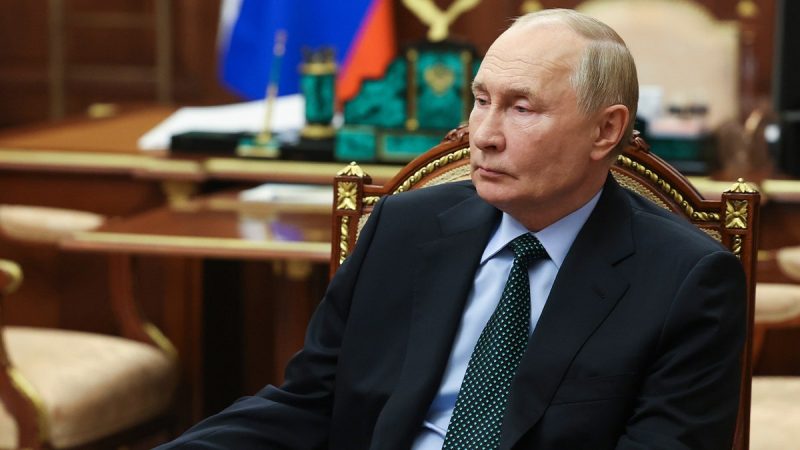In a significant move, Russian President Vladimir Putin recently signed a revised military doctrine that aims to lower the threshold for a nuclear response in the event of an attack on Russia. This decision marks a significant shift in Russia’s defense strategy and has drawn attention from the international community.
The revised doctrine comes against a backdrop of escalating tensions between Russia and Western nations, notably the United States and its NATO allies. The document emphasizes the role of nuclear weapons as a deterrent against aggression and outlines scenarios in which Russia would consider using nuclear weapons.
One key aspect of the revised doctrine is the inclusion of situations where a conventional attack against Russia could prompt a nuclear response. This change represents a departure from previous military doctrines, which had stricter criteria for the use of nuclear weapons. By broadening the scope of scenarios that could trigger a nuclear response, Russia is sending a strong message regarding its commitment to defending its territory and interests.
The decision to revise the military doctrine also underscores Russia’s ongoing efforts to modernize its armed forces and maintain a credible nuclear deterrent. As geopolitical tensions continue to rise, the Russian government views nuclear weapons as a critical component of its national security strategy. By updating its doctrine to reflect the evolving security environment, Russia seeks to ensure that it can effectively deter potential adversaries.
The revised doctrine is likely to have far-reaching implications for international security and nuclear dynamics. It may contribute to a renewed focus on arms control and strategic stability, as other nuclear-armed states assess the implications of Russia’s revised approach. The move could also prompt discussions on the need for greater transparency and confidence-building measures to reduce the risk of miscalculation and escalation.
In conclusion, Putin’s signing of the revised military doctrine represents a significant development in Russia’s defense policy. By lowering the threshold for a nuclear response, Russia is sending a clear signal that it will not hesitate to use its nuclear arsenal to protect its interests. The international community will be closely watching how this decision shapes global security dynamics and whether it spurs dialogue on arms control and strategic stability. As geopolitical tensions persist, the role of nuclear weapons in shaping the future of international relations remains a critical issue that demands careful consideration and diplomatic engagement.
